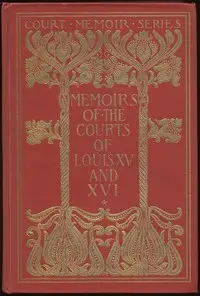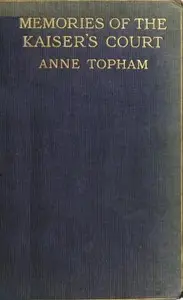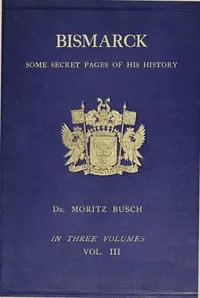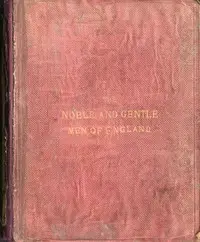"The Secrets of Potsdam" by William Le Queux is a scandalous reveal of the German Imperial Court, mainly focusing on the Kaiser and Crown-Prince during the early 20th century. The story comes from Count Ernst von Heltzendorff, who was the personal assistant to the Crown-Prince, and his story shares royal scandals and secrets of the court. The beginning of the story introduces the Crown-Prince as a not-so-good person who controls others, and calls him "Willie." He has a tough relationship with his wife, Cecil Duchess of Mecklenbourg. Count von Heltzendorff tells what he sees at the court, telling about social life and romantic problems, like the sad story of Count Georg von Leutenberg and his wife, whose secret dating of the Crown-Prince leads to their early deaths. Through these stories, the book creates a compelling look at power, betrayal, and the kept hidden lives of the German monarchy before World War I.

The Secrets of Potsdam A Startling Exposure of the Inner Life of the Courts of the Kaiser and Crown-Prince
By William Le Queux
Uncover a world of secret love affairs, betrayals, and hidden agendas within the German Imperial Court as told by one who witnessed it all firsthand.
Summary
About the AuthorWilliam Tufnell Le Queux was an Anglo-French journalist and writer. He was also a diplomat, a traveller, a flying buff who officiated at the first British air meeting at Doncaster in 1909, and a wireless pioneer who broadcast music from his own station long before radio was generally available; his claims regarding his own abilities and exploits, however, were usually exaggerated. His best-known works are the anti-French and anti-Russian invasion fantasy The Great War in England in 1897 (1894) and the anti-German invasion fantasy The Invasion of 1910 (1906), the latter becoming a bestseller.
William Tufnell Le Queux was an Anglo-French journalist and writer. He was also a diplomat, a traveller, a flying buff who officiated at the first British air meeting at Doncaster in 1909, and a wireless pioneer who broadcast music from his own station long before radio was generally available; his claims regarding his own abilities and exploits, however, were usually exaggerated. His best-known works are the anti-French and anti-Russian invasion fantasy The Great War in England in 1897 (1894) and the anti-German invasion fantasy The Invasion of 1910 (1906), the latter becoming a bestseller.



















